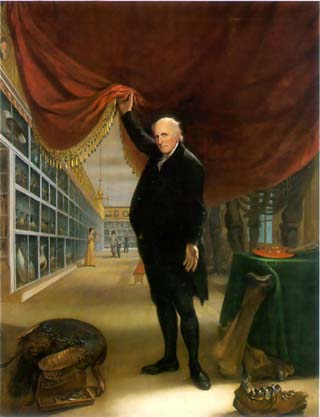Course Description
Global exploration in the eighteenth and nineteenth centuries radically changed Western science, orienting philosophies of natural history to more focused fields like comparative anatomy, botany, and geology. In the United States, European scientific advances and home-grown ventures like the Wilkes Exploring Expedition …
Global exploration in the eighteenth and nineteenth centuries radically changed Western science, orienting philosophies of natural history to more focused fields like comparative anatomy, botany, and geology. In the United States, European scientific advances and home-grown ventures like the Wilkes Exploring Expedition to Antarctica and the Pacific inspired new endeavors in cartography, ethnography, zoology, and evolutionary theory, replacing rigid models of thought and classification with more fluid and active systems. They inspired literary authors as well. This class will examine some of the most remarkable of these authors—Herman Melville (Moby-Dick and “The Encantadas”), Henry David Thoreau (Walden), Sarah Orne Jewett (Country of the Pointed Firs), Edith Wharton (House of Mirth), Toni Morrison (A Mercy), among others—in terms of the subjects and methods they adopted, imaginatively and often critically, from the natural sciences.
Course Info
Instructor
Departments
Learning Resource Types
assignment
Presentation Assignments
assignment
Written Assignments

The Artist in His Museum. Oil on Canvas. (Image courtesy of wikipedia.org.)










